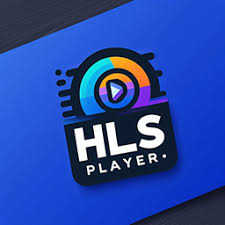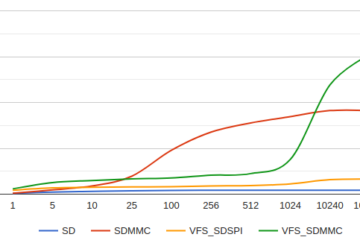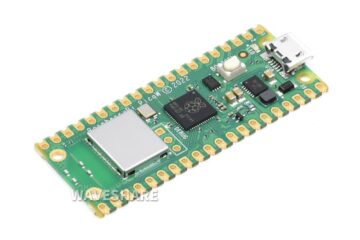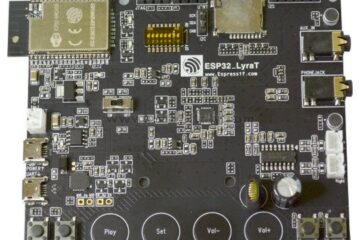A Http Live Streaming (HLS) Player with the Arduino Audio Tools
In traditional http streaming we can just read a single audio stream and feed it to a decoder. Unfortunatly Http Live Streaming (HLS) adds a lot of additional complexity and overhead. It works by splitting an audiostream into very short segments, which are just a few seconds in length, and then serving these segments over HTTP or HTTPS. This list of available segments is published in a playlist file (.m3u8), which contains a URL for Read more




